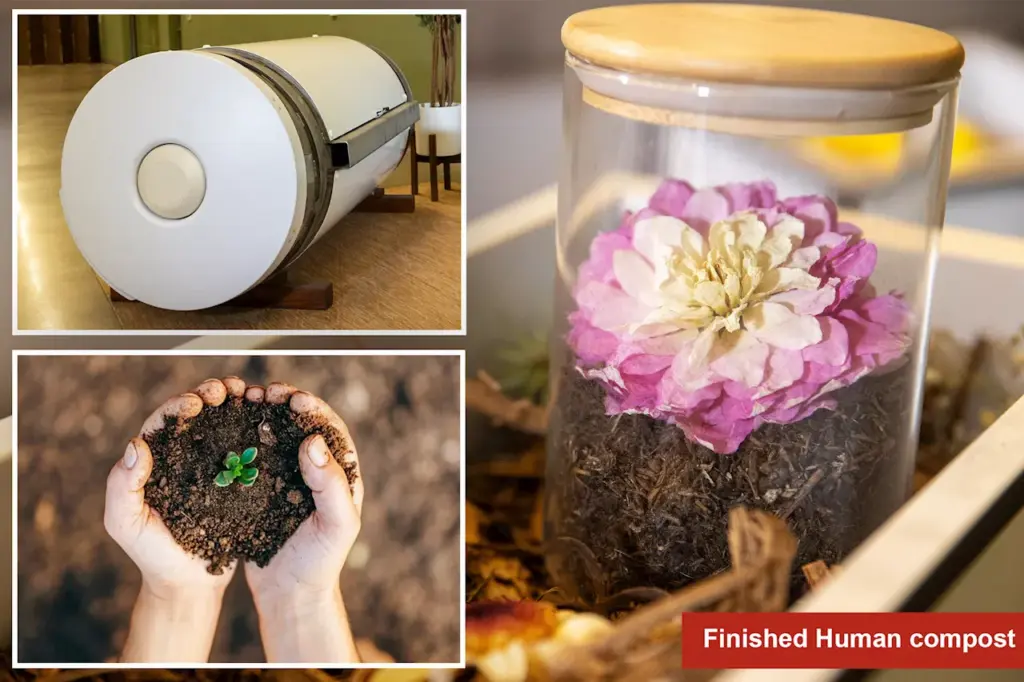
New Jersey has officially legalized human composting, making it the 14th state in the United States to adopt this environmentally friendly alternative to traditional burial and cremation methods. Governor Phil Murphy signed the law on September 11, 2023, paving the way for a practice known as natural organic reduction, which transforms human remains into nutrient-rich soil.
The newly authorized method allows for bodies to be placed in a specially designed vessel along with organic materials, such as wood chips and straw. Over a period of several weeks, natural processes break down the remains, resulting in compost that can be used to enrich soil. Advocates argue that this practice not only serves as a sustainable option but also contributes to the cycle of life by returning nutrients to the earth.
Legislative Support and Environmental Impact
The passage of this legislation reflects a growing trend across the United States as more states explore alternatives to conventional end-of-life practices. Proponents of human composting highlight its reduced environmental impact compared to traditional burial and cremation, both of which can have significant ecological footprints. For instance, cremation releases carbon emissions, while burial often involves land use and chemical embalming processes.
New Jersey’s new law aligns with a broader movement towards sustainability and green practices in various sectors. As public awareness of environmental issues increases, many individuals are seeking ways to minimize their impact even in death. The ability to choose composting as an end-of-life option may resonate with those who prioritize eco-conscious living.
Public Reception and Future Prospects
Public response to the legalization of human composting has been mixed, with some expressing enthusiasm for the innovative approach, while others may find it difficult to accept. As the practice becomes more widely known, education will play a critical role in shaping perceptions.
The first facilities offering human composting services in New Jersey are expected to open in the coming months. These facilities will be tasked with ensuring compliance with state regulations and maintaining the highest standards of dignity and care for the deceased. As the state implements this new law, it will also monitor the practice to assess its safety and effectiveness.
By embracing human composting, New Jersey joins a select group of states, including Washington, Oregon, and Colorado, that have recognized the need for alternative methods in an evolving society. The decision may serve as a catalyst for further discussions on end-of-life options, encouraging other states to consider similar legislation.
In conclusion, the legalization of human composting in New Jersey represents a significant step towards sustainable end-of-life practices. As both the public and lawmakers continue to navigate the complexities of this new method, it is clear that the conversation around death and sustainability is only just beginning.






